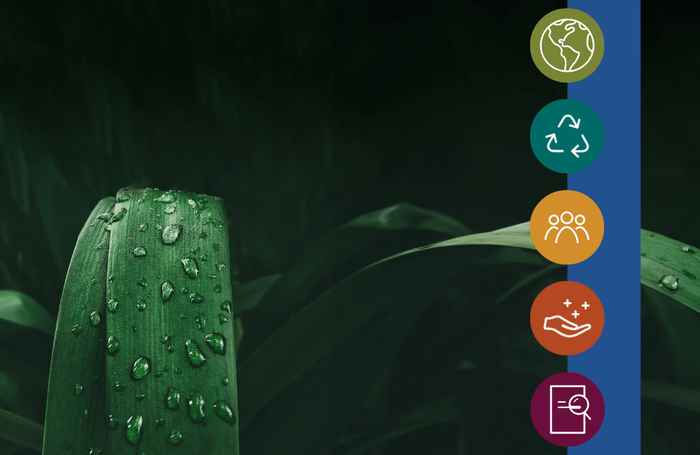
February 7, 2018
Responsibility
Gildan Receives Bronze Class Distinction in the RobecoSAM 2018 Sustainability Yearbook

Gildan has been included in the 2018 RobecoSAM Sustainability Yearbook for the sixth consecutive year. This year, the company received the Bronze Class distinction. RobecSAM’s Sustainability Yearbook is one of the world’s most comprehensive publications on corporate sustainability. The index has been built using a selection of criteria that best captures a company’s quality of management and its potential to create long-term value.
“We are proud, once again, to be a part of the RobecoSAM Yearbook in the category: Textiles, Apparel and Luxury Goods industry, knowing that over the years inclusion in the index became more difficult and only the top 15% of the companies within each industry are selected,” said Claudia Sandoval, VP, Corporate Citizenship, Gildan.
“I congratulate Gildan Activewear whole heartedly for being awarded a Bronze Class listing in the Sustainability Yearbook 2018. The companies included in the Yearbook are the world’s most sustainable companies in the industry and are moving the ESG needle in ways that will help us realize the UN’s Sustainable Development Goals by 2030,” said Aria Prepoudix, CEO, RobecoSAM.
Every year since 2004, The Sustainability Yearbook has listed the world’s most sustainable companies in each industry as determined by their score in RobecoSAM’s annual Corporate Sustainability Assessment (CSA). In 2017, RobecoSAM evaluated 2,479 companies among 60 industries that fulfill the following goals: innovative and exemplify leading corporate sustainability practices and a focus on long-term growth drivers.
The key challenge highlighted in the Sustainability Yearbook for the Textiles, Apparel and Luxury category is the intense stakeholder scrutiny that these companies face, with stakeholders demanding more transparency across all levels of the company’s operations. In response to more demanding consumers, companies must integrate social and environmental considerations into the whole life-cycle process, from product design at the front end to recycling of used goods at the end of life of the products.
More Gildan News

Article
June 5, 2024
Responsibility
World Environment Day Spotlight: Gildan Leaders on What Sustainability Means to Them

Article
April 26, 2024
Responsibility · People
World Day for Safety and Health: A Look into Gildan

Article
April 9, 2024
Responsibility